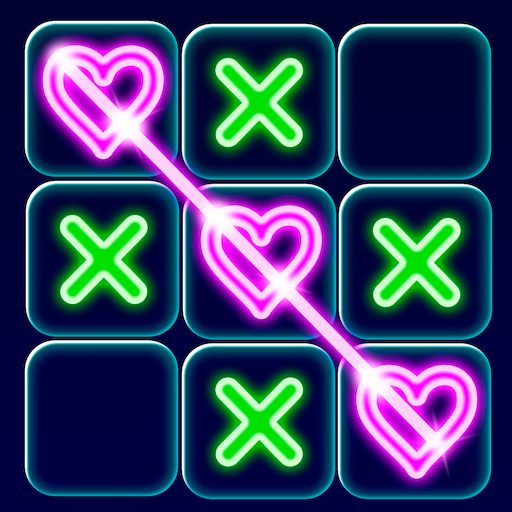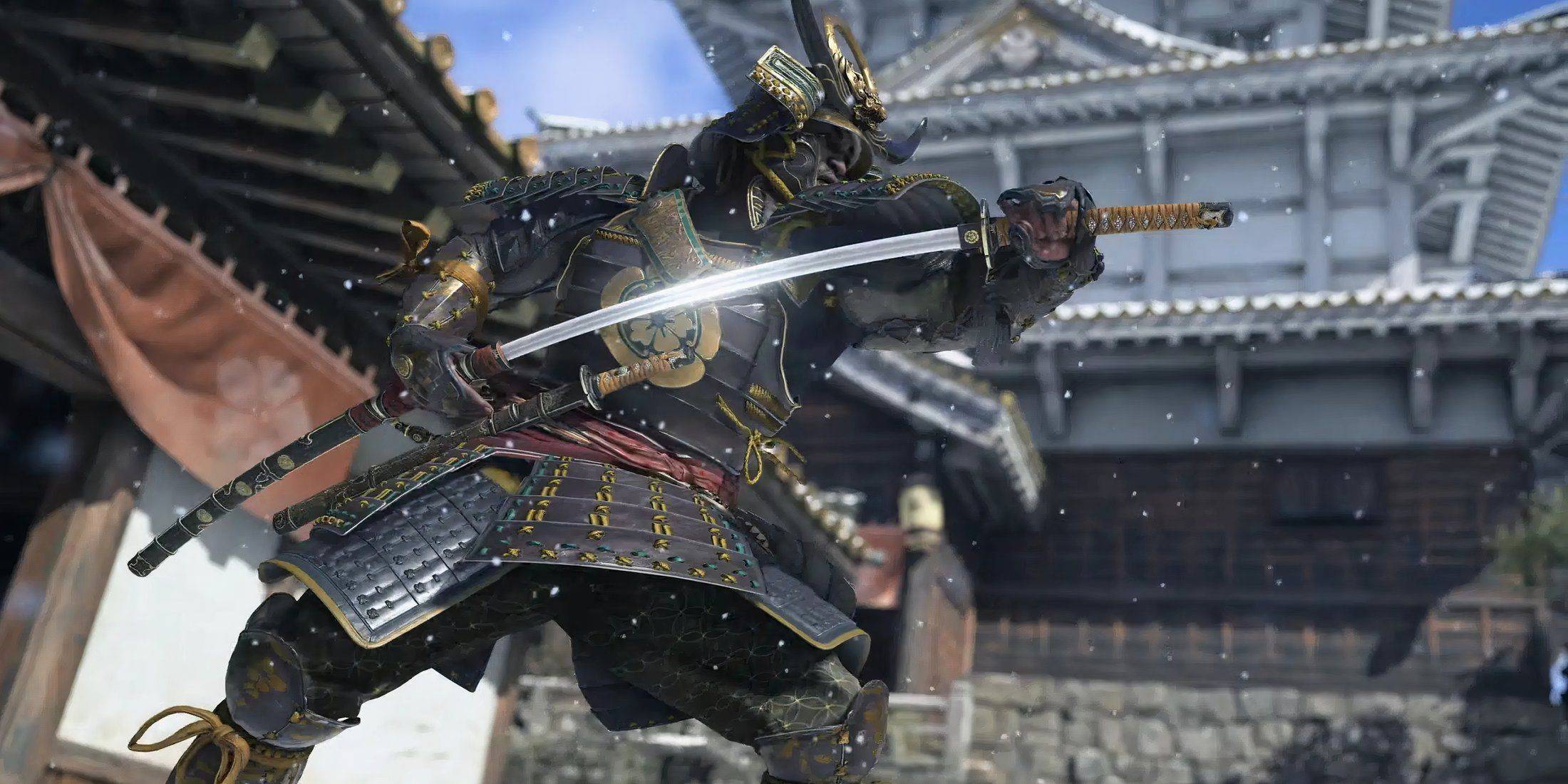This past weekend marked the inaugural network tests for *Elden Ring Nightreign*, the highly anticipated standalone multiplayer game that branches off from FromSoftware's acclaimed masterpiece. Unlike the *Shadow of the Erdtree* DLC released last year, *Nightreign* diverges significantly from its parent game, opting for a streamlined survival format over the open-world structure of *Elden Ring*. In *Nightreign*, teams of three players parachute into progressively shrinking maps to battle waves of enemies and increasingly formidable bosses. This design choice clearly echoes the influence of the wildly popular *Fortnite*, which has captivated over 200 million players this month alone.
However, *Nightreign* draws an even closer parallel to a less celebrated and often criticized game: *God of War: Ascension* from 2013. And this resemblance is a positive aspect.
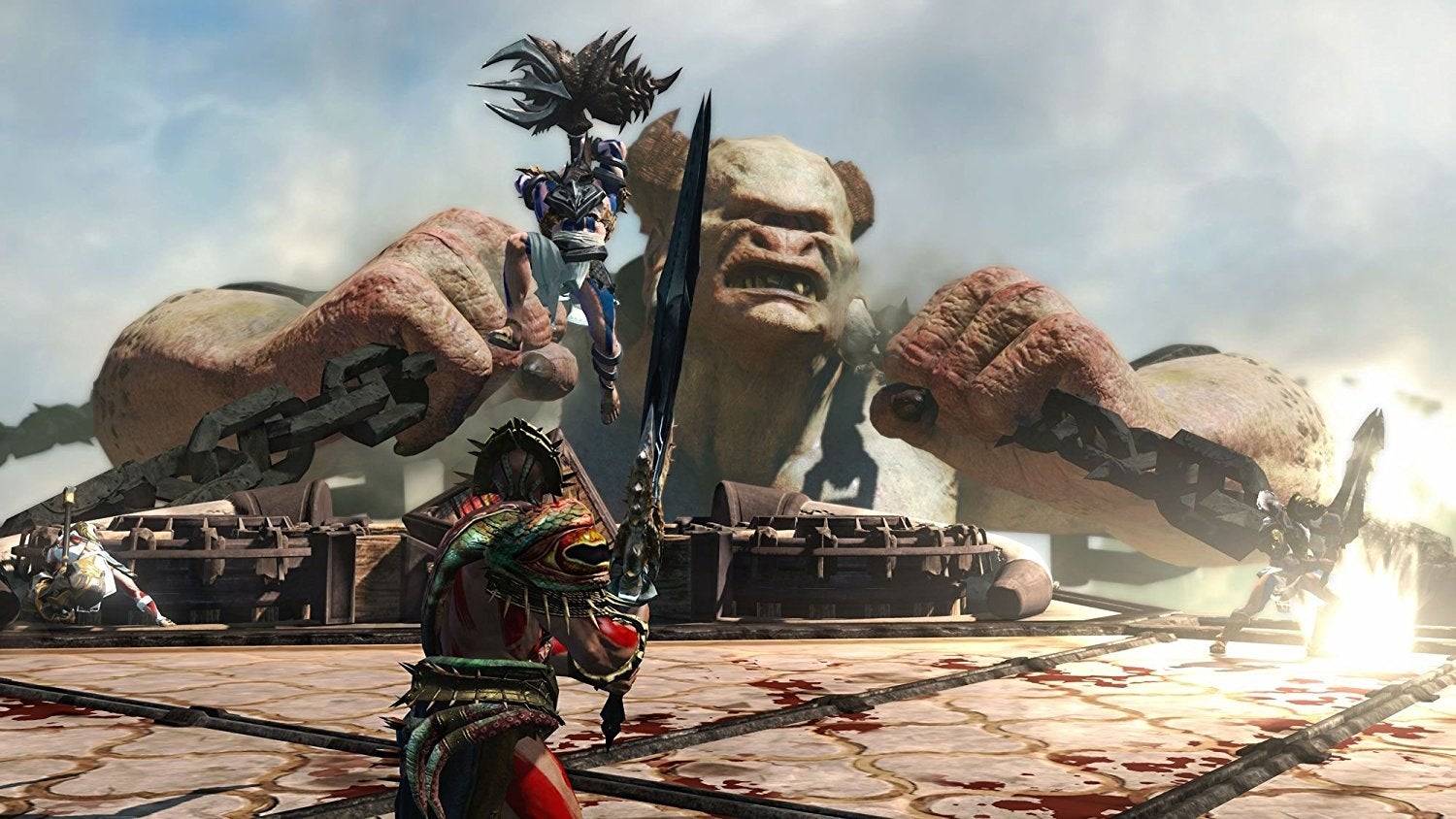 *God of War: Ascension*, released between *God of War 3* in 2010 and the Norse-flavored reboot in 2018, serves as a prequel set before the original Greek mythology trilogy. It follows Kratos as he attempts to break his oath with Aries, his predecessor. Despite failing to match the epic finale of the initial trilogy, *Ascension* has often been dubbed the black sheep of the franchise. Yet, it's an unfair label. While the confrontation with the Furies may not have reached the heights of Kratos' battle with Zeus, *Ascension* boasted some truly spectacular set-pieces, such as the Prison of the Damned, a dungeon intricately carved into the skin and bones of a 100-armed giant. More importantly, *Ascension* introduced multiplayer to the series, a feature that has not been revisited since.
*God of War: Ascension*, released between *God of War 3* in 2010 and the Norse-flavored reboot in 2018, serves as a prequel set before the original Greek mythology trilogy. It follows Kratos as he attempts to break his oath with Aries, his predecessor. Despite failing to match the epic finale of the initial trilogy, *Ascension* has often been dubbed the black sheep of the franchise. Yet, it's an unfair label. While the confrontation with the Furies may not have reached the heights of Kratos' battle with Zeus, *Ascension* boasted some truly spectacular set-pieces, such as the Prison of the Damned, a dungeon intricately carved into the skin and bones of a 100-armed giant. More importantly, *Ascension* introduced multiplayer to the series, a feature that has not been revisited since.
In *Ascension*, the "Trial of the Gods" mode is cooperative PvE, strikingly similar to *Elden Ring Nightreign*. During the single-player campaign, players encounter an NPC who prematurely celebrates being saved, only to be crushed by the level's boss. In multiplayer mode, this same NPC becomes your player character, transported to Olympus just before death. Players must then pledge allegiance to one of four gods—Zeus, Poseidon, Hades, or Aries—each offering unique weapons, armor, and magical abilities. These tools are used in five multiplayer modes, four of which are competitive PvP, while the fifth, "Trial of the Gods," is cooperative PvE, akin to *Nightreign*.
Previews of *Nightreign* from notable "Soulsborne" YouTubers like VaatiVidya and Iron Pineapple, as well as IGN's coverage, have highlighted the game's similarities to live service titles like *Fortnite*. *Nightreign* incorporates randomized loot, resource management, and environmental hazards that challenge players by limiting their movement and damaging their health. The game even nods to *Fortnite* with players skydiving into the level, guided by spirit birds to their chosen landing spots.
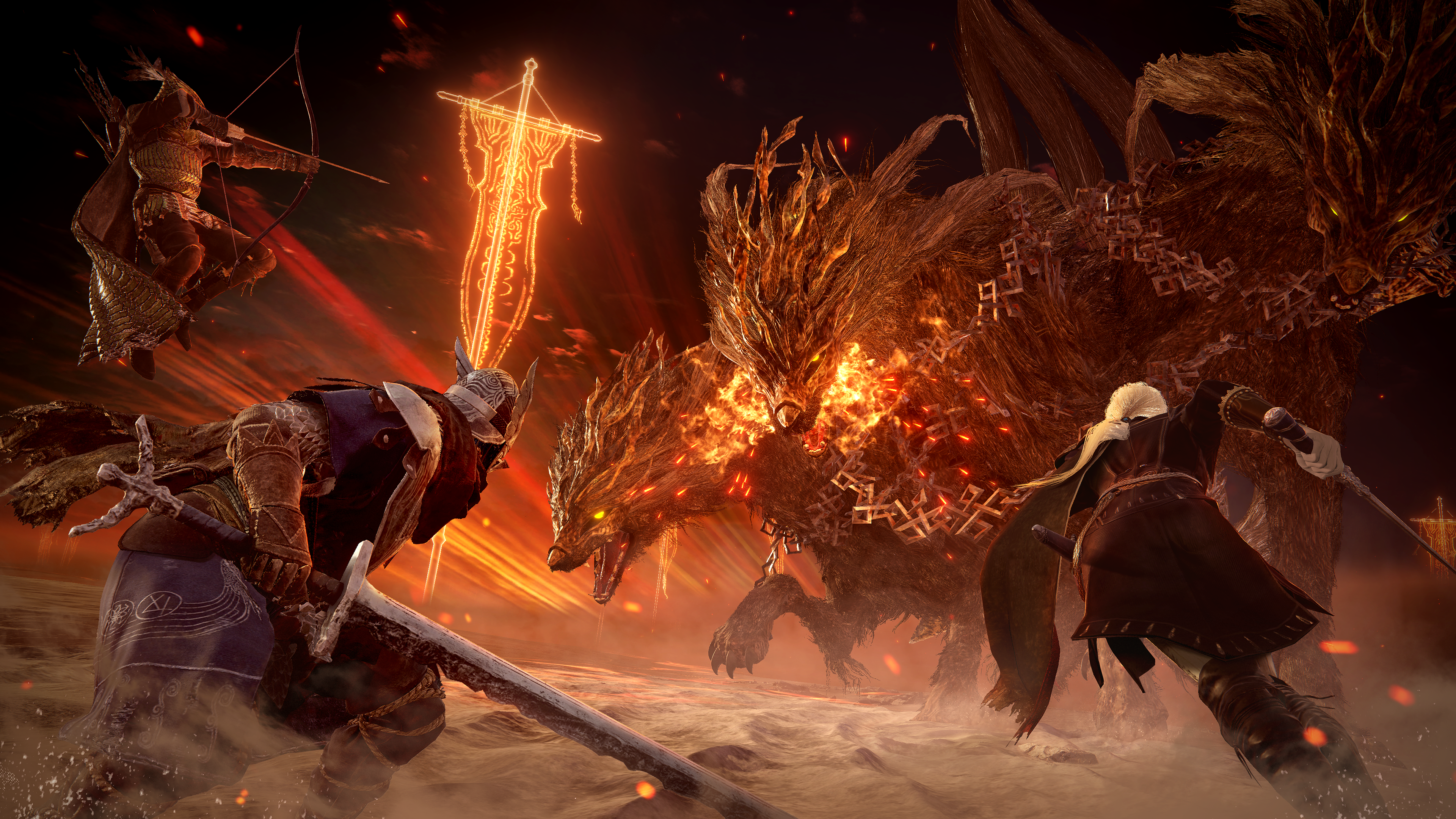 While *God of War: Ascension* lacks the battle royale-style entry of *Nightreign*, a deeper look reveals shared elements. Both *Nightreign* and *Ascension*'s "Trial of the Gods" are cooperative experiences where teams tackle increasingly difficult foes. Both games offer players the chance to battle iconic bosses from previous titles, such as Hercules in *God of War 3* or the Nameless King in *Dark Souls 3*. Both feature a countdown mechanism, though *Ascension*'s can be paused by defeating enemies, and both take place on maps that are either small or shrinking. Moreover, both are multiplayer endeavors from studios renowned for their single-player masterpieces, created without direct involvement from their respective series' original creators.
While *God of War: Ascension* lacks the battle royale-style entry of *Nightreign*, a deeper look reveals shared elements. Both *Nightreign* and *Ascension*'s "Trial of the Gods" are cooperative experiences where teams tackle increasingly difficult foes. Both games offer players the chance to battle iconic bosses from previous titles, such as Hercules in *God of War 3* or the Nameless King in *Dark Souls 3*. Both feature a countdown mechanism, though *Ascension*'s can be paused by defeating enemies, and both take place on maps that are either small or shrinking. Moreover, both are multiplayer endeavors from studios renowned for their single-player masterpieces, created without direct involvement from their respective series' original creators.
Feedback from those who participated in *Nightreign*'s network test describes the gameplay as a thrilling, time-sensitive race. In contrast to the leisurely pace of the base game, where players can explore various strategies and take their time, *Nightreign* demands quick decision-making and resource management. VaatiVidya praised these constraints as "made in the name of speed and efficiency." Without Torrent, players channel their inner spirit horse, enabling them to run faster and jump higher.
Similarly, *Ascension*'s multiplayer mode adjusted its single-player blueprint to enhance pacing, using techniques akin to those in *Nightreign*. These include increased run speed, extended jumps, automated parkour, and a grapple attack for pulling objects—mechanics also found in *Nightreign*'s Wylder character. These new abilities are crucial, as the combat, while not overly challenging in isolation, becomes intense with the sheer number of enemies in "Trial of the Gods," driving players to move swiftly and strategically.
The connection between *Nightreign* and *Ascension* is surprising, not only because much of the latter has faded from memory but also because the Soulslike genre, which includes *Elden Ring*, initially stood in stark contrast to *God of War*. While *God of War* lets players embody a god-killing warrior, Soulslike games cast players as nameless, struggling undead facing daunting odds. Yet, as fans have honed their skills and developers have introduced more powerful tools, the challenge in Soulslike games has diminished. *Nightreign* aims to reinstate that challenge, all while offering seasoned players the thrill of playing as a time-pressed, vengeful Spartan, reminiscent of *Ascension*.
 Home
Home  Navigation
Navigation






 Latest Articles
Latest Articles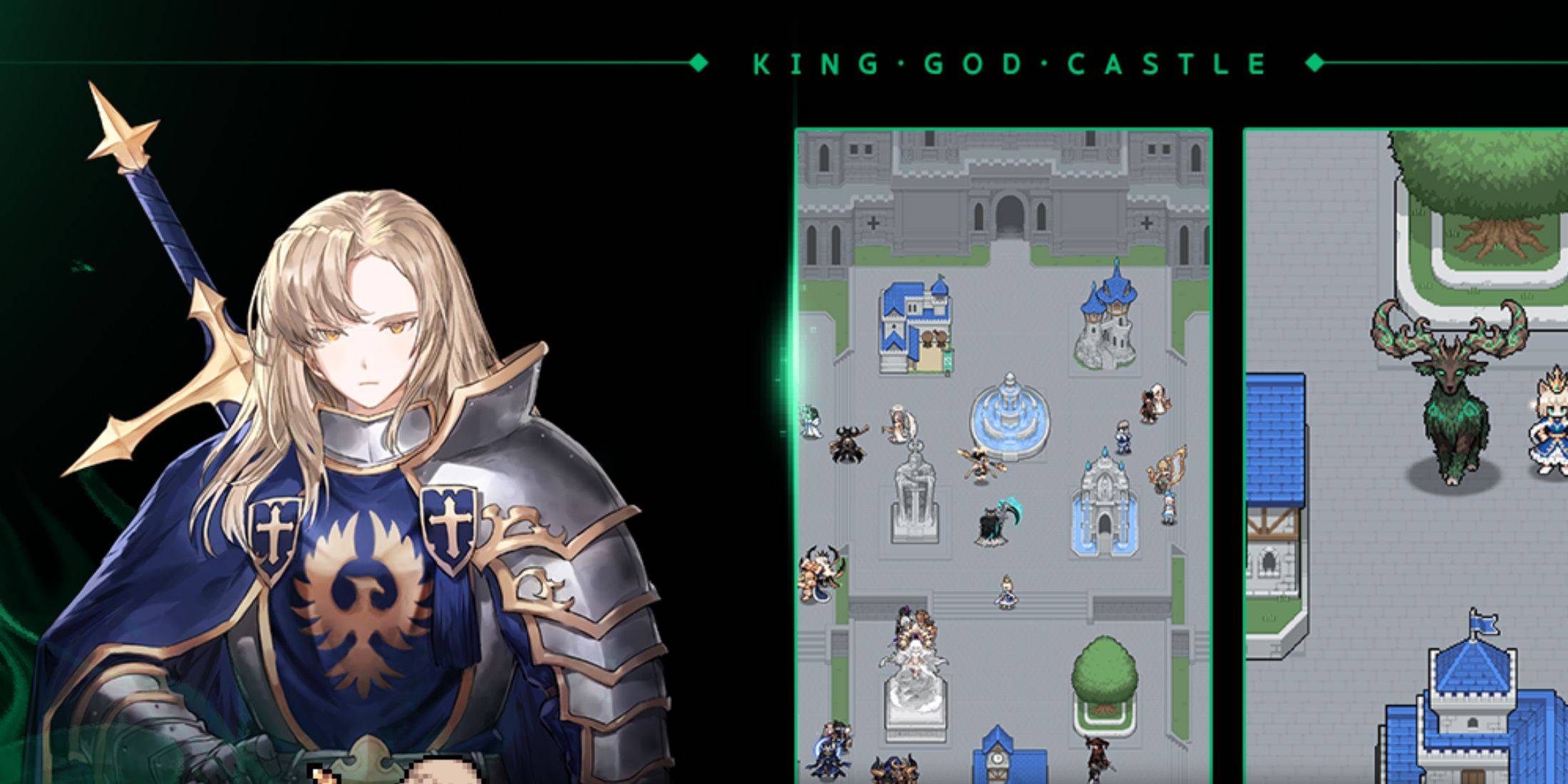

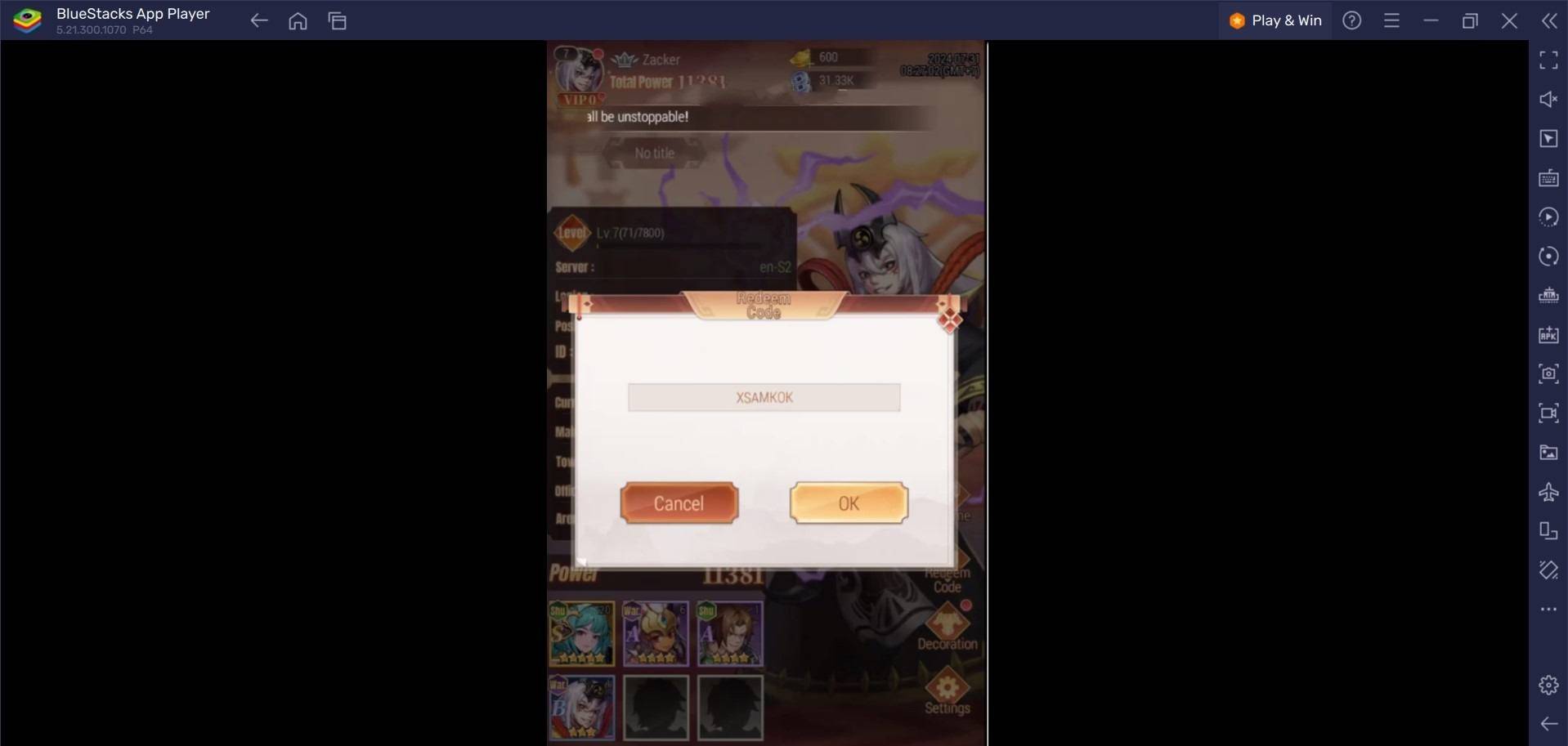
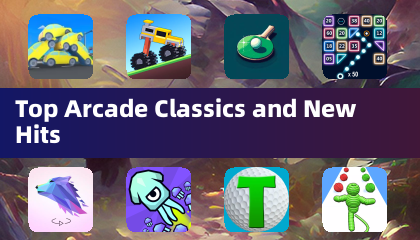



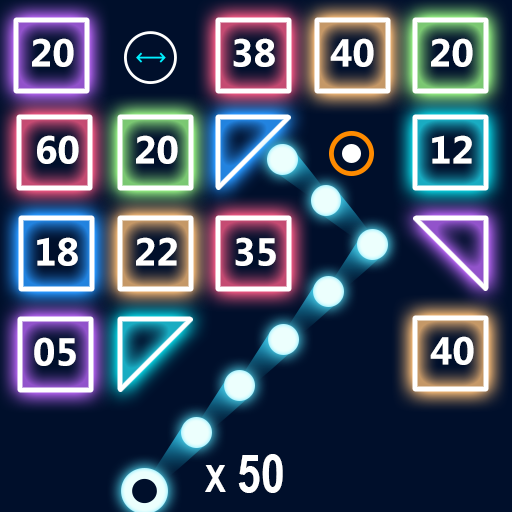
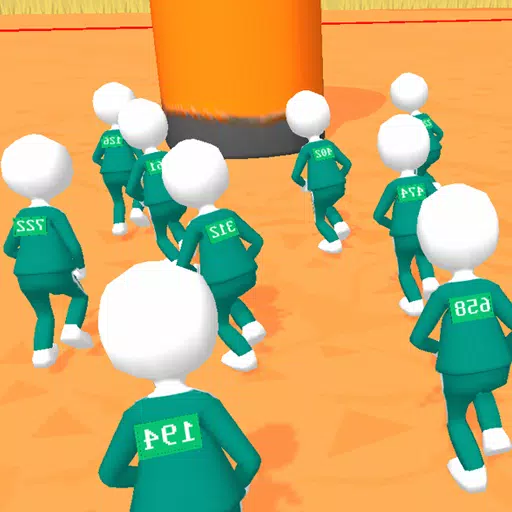
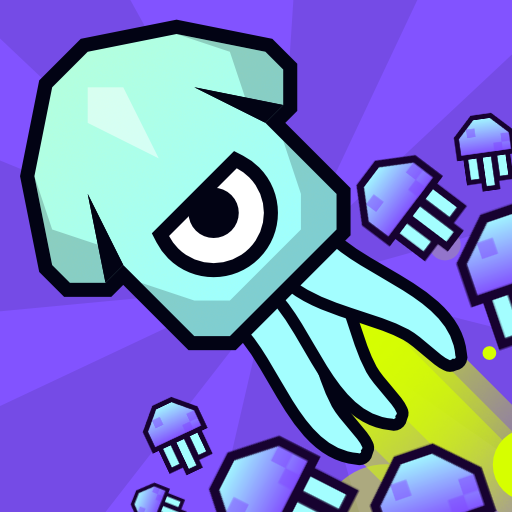

 Latest Games
Latest Games








